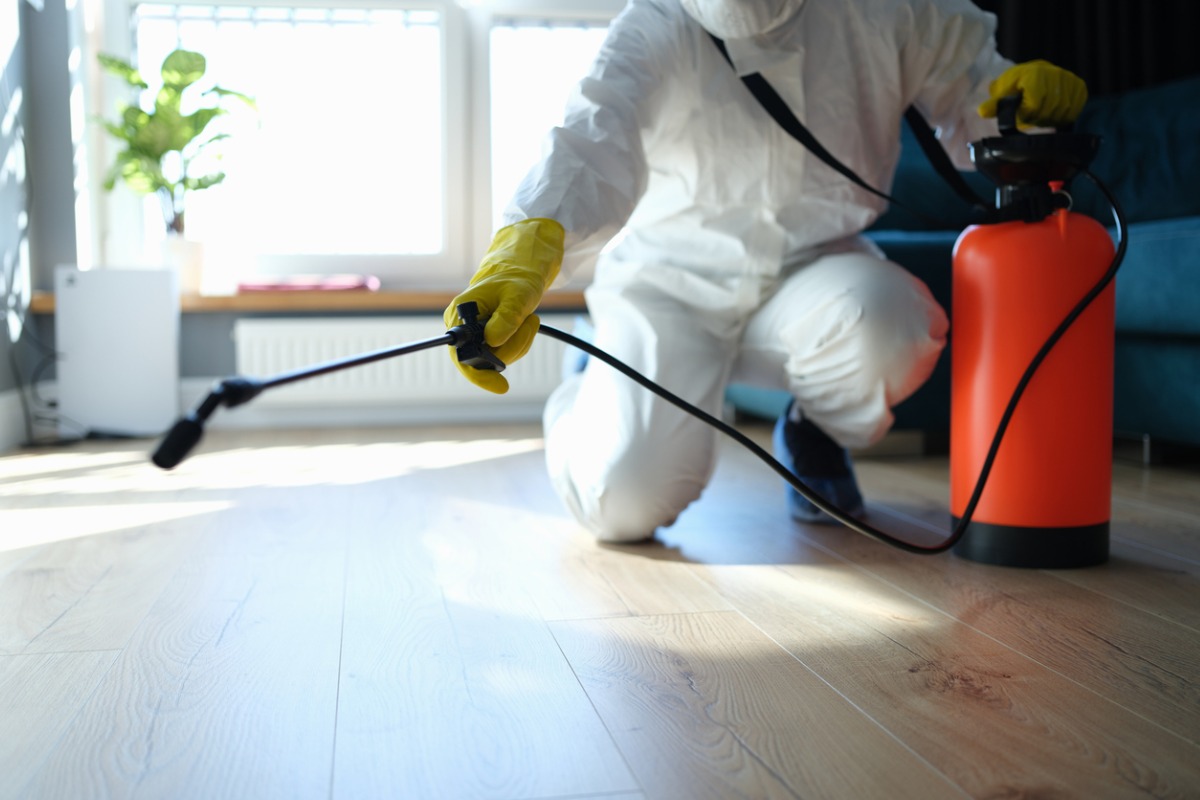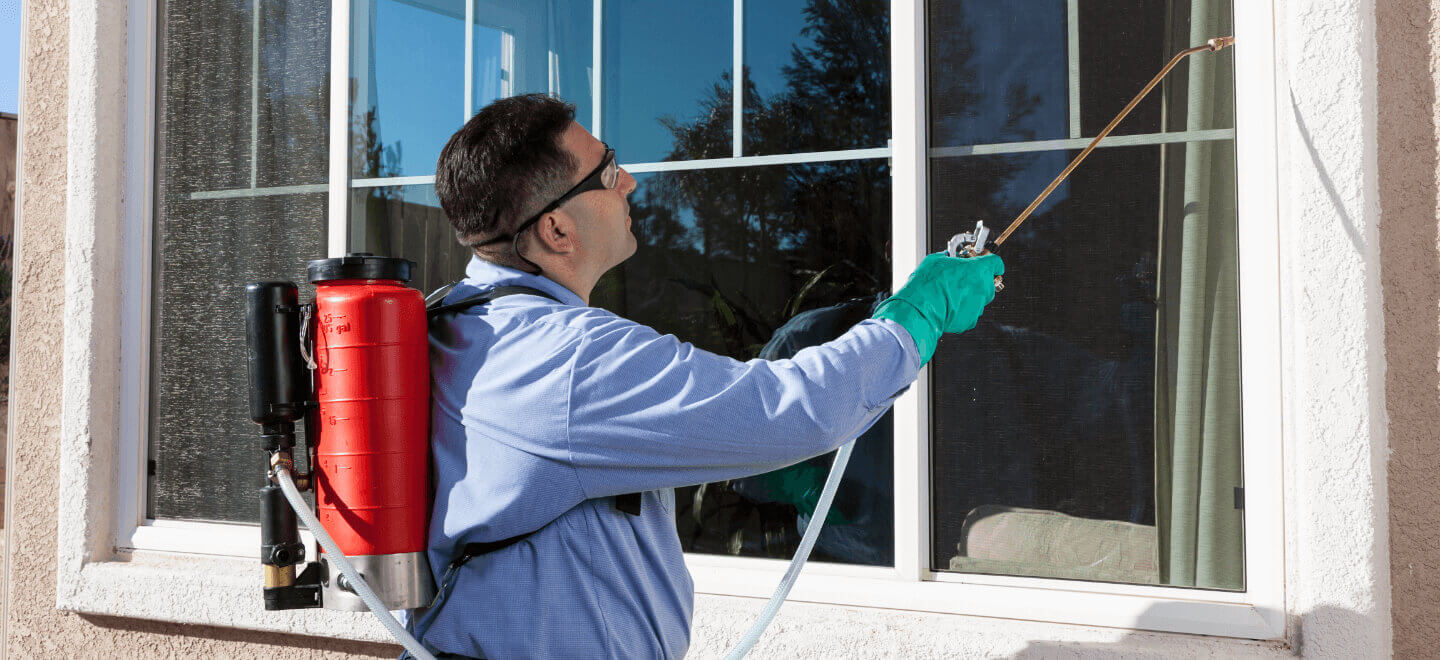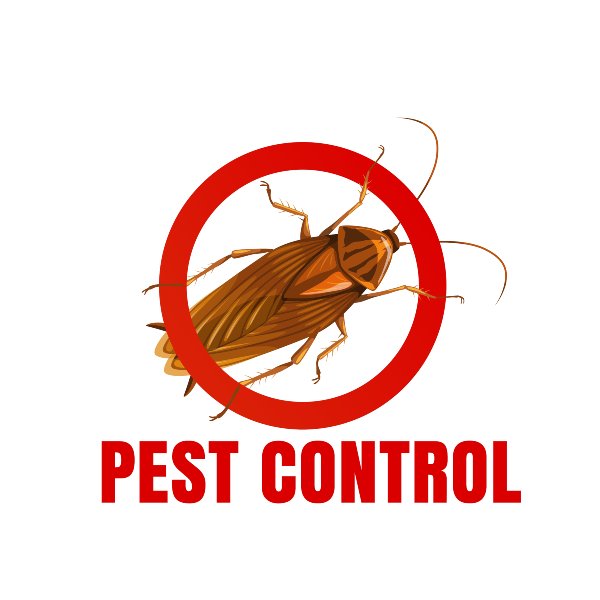Safe and Trustworthy Parasite Control for Lasting Security
The significance of trusted and secure insect control can not be overemphasized, specifically in an age where ecological worries are vital. Efficient bug monitoring requires a diverse approach that stabilizes eco-friendly integrity with the demand for effective pest reductions. By checking out eco-friendly remedies and incorporated parasite management methods, homeowners can achieve long-term protection against invasive species while guarding helpful environments. Nonetheless, the subtleties of these approaches may not be instantly clear, prompting a better exam of the techniques that can cause lasting parasite control end results. What actions can be required to make certain both security and efficacy in parasite management?
Recognizing Pest Control Techniques
Bug control incorporates a selection of approaches intended at managing and removing undesirable insects and rodents that can threaten both health and residential or commercial property. Recognizing these techniques is vital for reliable pest management.
The primary categories of bug control approaches consist of mechanical, organic, and chemical strategies. Mechanical methods involve physical barriers and traps to prevent bug entrance and capture unwanted types. Making use of displays on windows or employing sticky catches can substantially lower bug populaces without presenting unsafe compounds - exterminator coquitlam.

Chemical insect control is often the most recognized method, making use of chemicals to eliminate pests. These chemicals can be reliable yet have to be used with care to stay clear of negative results on non-target species and the atmosphere.
Benefits of Eco-Friendly Solutions
Just how can eco-friendly remedies change insect control practices? The adoption of green pest control methods uses numerous benefits, considerably boosting the performance and safety of parasite administration.

An additional benefit is the positive impact on local biodiversity. Green solutions are created to target particular parasites while protecting advantageous pests and wild animals, promoting a balanced community. This technique aligns with the expanding customer demand for lasting methods, enhancing the reputation of pest control service providers.
Integrated Pest Monitoring Methods
The implementation of environment-friendly remedies normally brings about the adoption of Integrated Insect Monitoring (IPM) methods, which further boost parasite control efficiency. IPM is an all natural technique that incorporates multiple methods to take care of insect populations while decreasing environmental influence. This approach stresses making use of organic, social, mechanical, and chemical controls, making sure a well balanced and sustainable method of insect administration.
One essential aspect of IPM is the comprehensive assessment of bug activity and ecological conditions. By keeping an eye on parasite populations and determining their life process, specialists can carry out targeted treatments that interfere with the pest's habitat or lifecycle, lowering reliance on chemical pesticides. In addition, social techniques such as crop rotation and habitat adjustment can dramatically reduce pest facility and recreation.
One more critical element is using biological control representatives, such as helpful pests or microorganisms, which can naturally suppress bug populations. When chemical applications are required, IPM focuses on making use of low-risk chemicals and uses them uniquely, decreasing exposure to non-target organisms and humans.
Incorporating IPM approaches not just enhances pest control effectiveness but also promotes a safer ecosystem, straightening with the growing demand for sustainable techniques in insect management.
Safe Practices for House Owners
Understanding the significance of safe techniques in bug control can equip property owners to efficiently manage parasite issues while securing their health and the atmosphere. Applying preventive procedures and safe approaches is critical in decreasing exposure to dangerous chemicals.
House owners must initially assess their atmosphere for conditions that draw in insects, such as standing food, water, and clutter waste. Frequently cleansing and securing access points can prevent pests from getting into the home. Utilizing natural deterrents, such as crucial oils or diatomaceous earth, can supply reliable choices to chemical pesticides.
When chemical therapies are required, house owners should choose items that are particularly identified as safe for domestic usage. It is necessary to follow application standards thoroughly to prevent overexposure. Utilizing targeted treatments in locations where parasites are identified, rather than covering spraying, can substantially reduce chemical usage.
Lastly, preserving open communication with pest control specialists is crucial. Home owners need to inquire regarding the safety of items utilized and request environment-friendly alternatives whenever possible. By taking on these safe practices, house owners can create a much healthier living environment while effectively managing pest concerns.

Tips for Long-Term Security
Developing a bug administration approach that highlights lasting protection can greatly enhance the efficiency of the risk-free practices previously talked about. To accomplish this, house owners must implement routine assessments of their residential property, concentrating on hidden locations such as attic rooms, cellars, and crawl rooms. Early detection of insect task is important in stopping problems from holding.
In addition, keeping a tidy atmosphere is vital. This consists of proper food storage space, promptly cleaning up spills, and routinely taking care of trash. These practices decrease attractants that draw pests into the home. Additionally, securing entry factors, such as fractures around doors and home windows, can efficiently block possible parasite access.
Landscaping should likewise be taken into consideration; keeping plants trimmed and preserving a distance between greenery and the home reduces concealing areas for pests. Utilizing all-natural deterrents, such as essential oils or diatomaceous earth, can better prevent problems without considering rough chemicals.
Finally, collaborating with an expert bug control service for periodic assessments can offer an additional layer of safety. These experts can supply customized suggestions and advanced therapies, guaranteeing that your home remains safeguarded against parasites in the lengthy term.
Conclusion
To conclude, reliable and risk-free parasite control calls for a complex approach that emphasizes environmentally friendly approaches and incorporated parasite management. By carrying out all-natural deterrents, performing normal examinations, and maintaining correct hygiene, property owners can dramatically reduce insect populaces while securing valuable bugs and the atmosphere. Collaboration with expert insect control services enhances the effectiveness of these techniques, making certain tailored options that provide enduring security and satisfaction versus future infestations.
Efficient parasite monitoring calls for a complex technique that balances eco-friendly integrity with the demand for reliable insect suppression. The fostering of environment-friendly pest control techniques uses countless benefits, dramatically improving the effectiveness and safety and security of parasite monitoring.The execution of environmentally friendly services normally leads to the fostering of Integrated Parasite Management (IPM) methods, which better enhance insect control efficacy. exterminator coquitlam. By checking pest populaces and determining their life cycles, experts can carry have a peek here out targeted interventions that interfere with the bug's environment or lifecycle, decreasing dependence on chemical pesticides.In conclusion, reliable and risk-free insect control calls for a complex method that highlights eco-friendly approaches and integrated pest administration